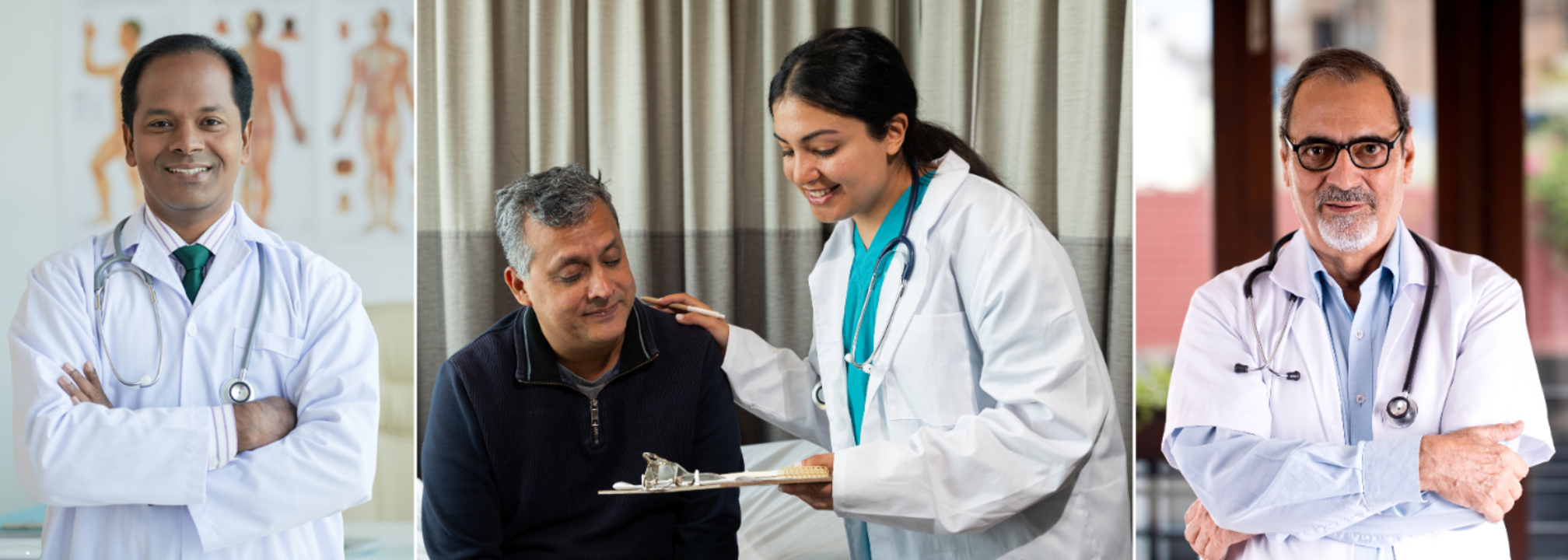'Who Heals The Healer?' What Makes The National Doctors' Day 2025 Theme So Relevant?

Credits: Canva
SummaryNational Doctor's Day 2025 Theme: As violence, systemic neglect, and unrealistic policies mount, doctors in India are stretched thin. This National Doctors’ Day, the theme “Who Heals the Healer?” urges us to reflect and empathize.
End of Article
